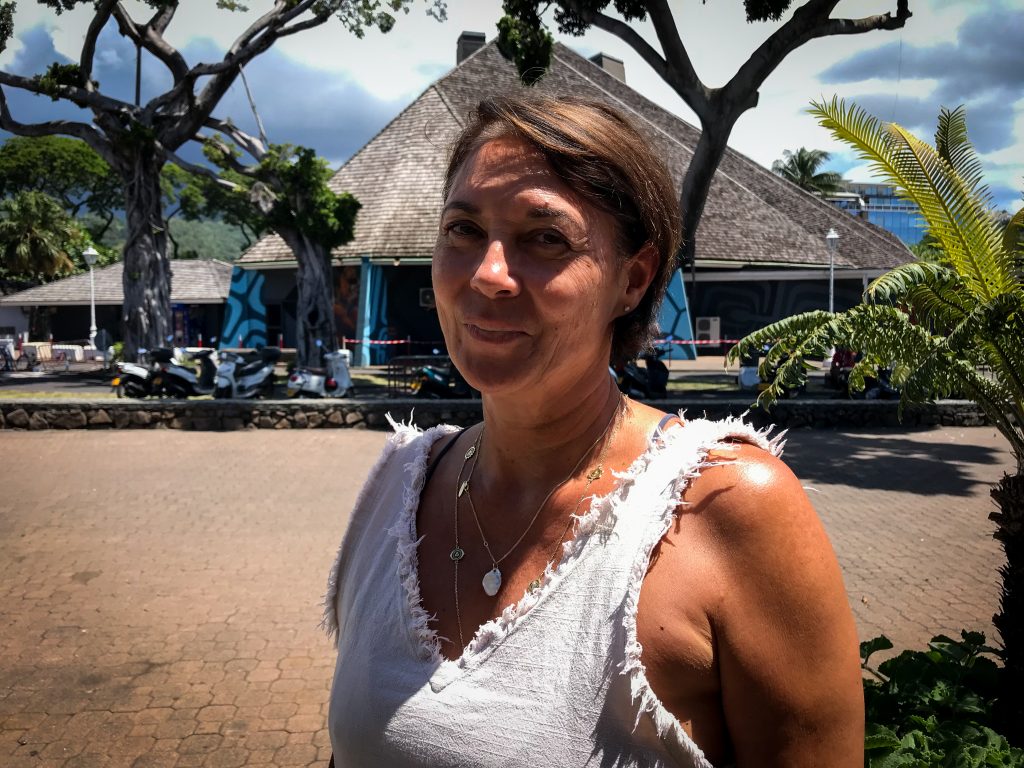Kathryn Graham is head of the Māori development department at the New Zealand Film Commission, which is funded by the government. Her role is multi-faceted, but part of her duties involves creating opportunities for Maori. A brief overview of the audiovisual industry in New Zealand.

How is the audiovisual industry in New Zealand today?
Television audiences are very fragmented, this is the biggest challenge for local broadcasters. In the film industry, you have to obtain international funding because the commission’s funding is only partial. Documentaries are somewhat easier because the budgets are smaller than for fiction, so it can be financed by the commission or other similar organizations. The difficulty with films is finding stories that appeal to New Zealanders but also to a more global audience in order to source the international funding.
How do you find that international funding?
We have a department at the commission that is responsible for facilitating relationships: we have local distributors and the expertise to connect the directors and producers with potential investors. Unfortunately there are very few agents who know how to powerfully present and sell typical Maori stories because they are not used to it, sometimes the films content contains very complex issues and the agents don’t necessarily have the keys to understand the substance of the film. However today we have our first indigenous distributor who is based in New Zealand: Ahi Films, run by Chelsea Winstanley was nominated for an Oscar for Jojo Rabbit. She identified an opening and set up her company to fill it, but it’s mainly focused on distribution in Australasia, so the plan for the future is to find sales agents who understand the issues and are willing to distribute further afield, we need to find specific sales agents for each territory.
What exactly are your goals within the commission?
I work in a department that works to help Maori access funding, develop Maori talent and assist them. We also try to give them referrals to eventually reach foreign festivals and writers who can help them with their projects. We are primarily interested in cultural and Maori language stories, but, the New Zealand Film Commission is obviously open to everyone: we provide a service. Responsible for developing talent in three areas: writing, directing and producing, we focus on Maori writers and producers.
Are Maori people finding their place in the industry?
Yes, definitely! March will be my third year and in that time we’ve had a feature film that we’ve financed and several Disney films that have been dubbed into Maori. It sounds a little crazy but our kids love to hear the Maori language showcased in these big Disney productions. The first was Vaiana, then The Lion King and Coco and Encanto. We’re in charge of developing all these talents, there are more and more Maori involved in the creative side of the productions and especially for their language. When they do a dubbing of a Disney movie, it’s not just a translation but really a reinterpretation with the Maori way of thinking. We’ve also funded documentaries on Maori stories, culture and language and there is another feature film primarily in the Maori language that will be made this year. We also facilitate training with mentoring programs. When projects are submitted to us, we can also give advice on Maori culture.
Suliane Favennec – FIFO
